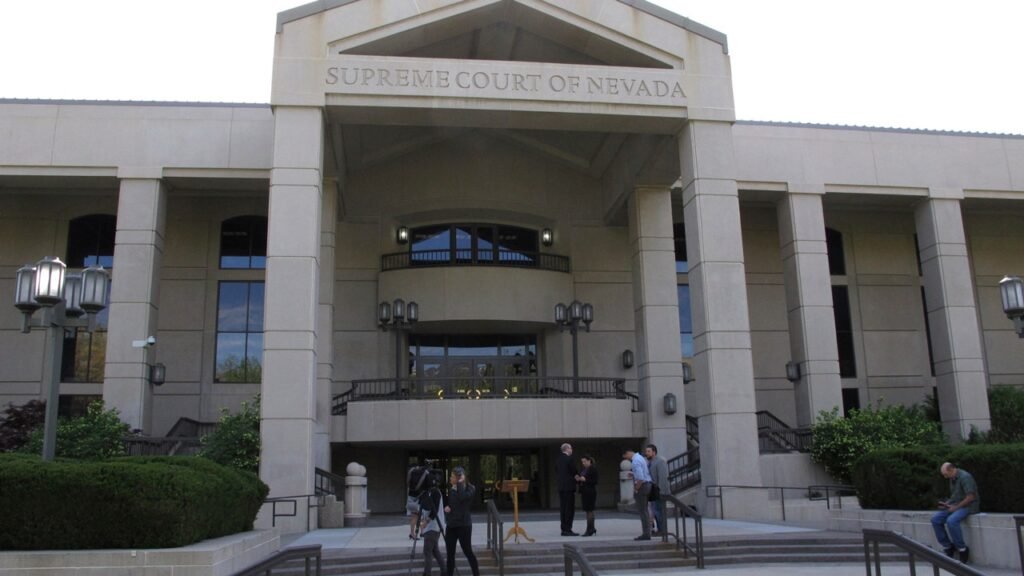The Nevada Supreme Court recently invalidated a proposed ballot initiative allowing voters to repeal public funding for a new MLB stadium in Las Vegas. Five judges voted to uphold a lower court ruling striking down the referendum, with one judge dissenting and another concurring in-part and dissenting in-part. Detractors of the funding believed a ballot question this year was the most effective way to repeal key parts of the bill that allowed the Oakland Athletics to relocate to Las Vegas. The Schools over Stadiums political action committee, supported by the Nevada State Education Association, plans to focus on getting the question on the 2026 ballot instead.
The stadium financing debate in Nevada reflects a broader national discussion over the use of public funds for sports stadiums. Proponents of the public funding argue it will enhance Las Vegas’ sports scene and serve as an economic engine, while critics including stadium economists, educators, and some lawmakers warn of minimal benefits compared to the hefty public cost. The Nevada Supreme Court emphasized the need for the full 66-page bill to be included in the ballot question, despite the challenge of condensing it into the 200-word limit for referendums.
The court found the 200-word description submitted by Schools over Stadiums to be “misleading” and failing to adequately explain the specific practical effects of the referendum. Attorney Bradley Schrager, representing labor union lobbyists in favor of the public funding, emphasized the importance of properly informing voters about proposed measures to ensure a fair democratic process. As MLB owners have already approved the A’s relocation to Las Vegas, the decision around public funding for the stadium remains central to the city’s growing sports landscape.
The Nevada Supreme Court’s ruling presents a setback for opponents of public funding for the new MLB stadium but underscores the importance of following legal guidelines to inform voters accurately about ballot initiatives. The issue highlights the ongoing national discussion over the role of public finances in supporting professional sports facilities and their potential economic impact on local communities. Moving forward, the Schools over Stadiums political action committee aims to focus on securing a spot for the question on the 2026 ballot, as they continue to advocate against public funding for the stadium.
While A’s representatives and some Nevada tourism officials see public funding as a positive addition to Las Vegas’ sports scene, a variety of stakeholders including educators and lawmakers have raised concerns about the financial costs and benefits of such investments. The decision by the Nevada Supreme Court underscores the need for a clear and accurate description of proposed measures to ensure that voters can make informed choices in the democratic process. Despite the recent ruling against the ballot initiative, the broader debate over public financing for sports stadiums is likely to continue as cities across the country navigate similar challenges and opportunities in supporting professional sports franchises.

